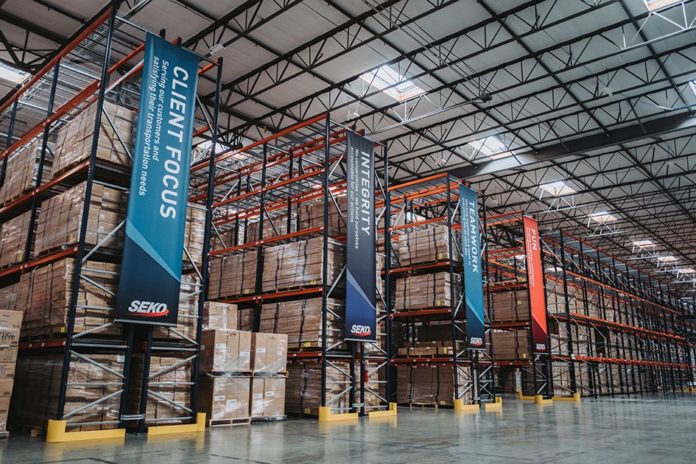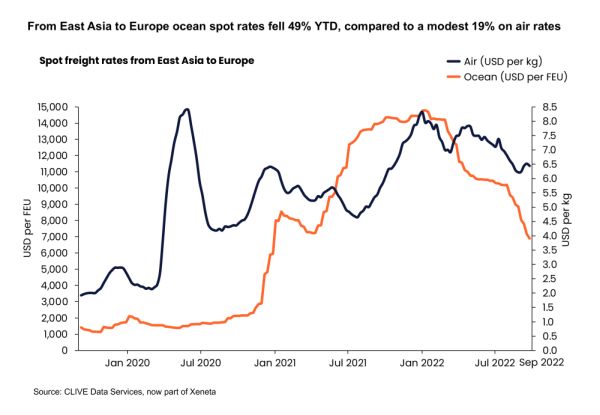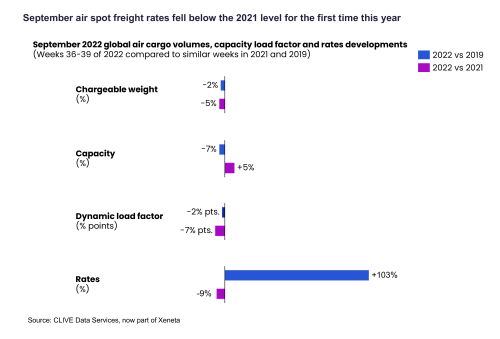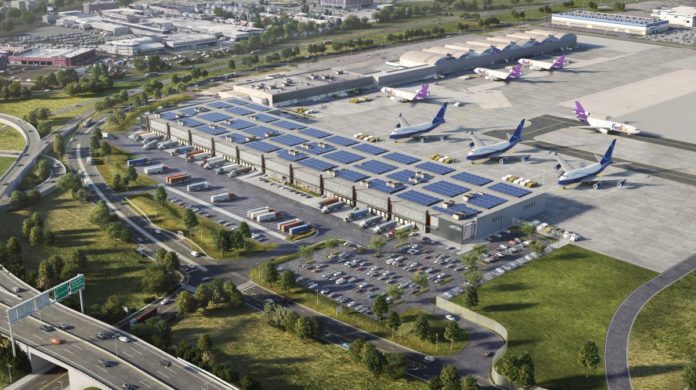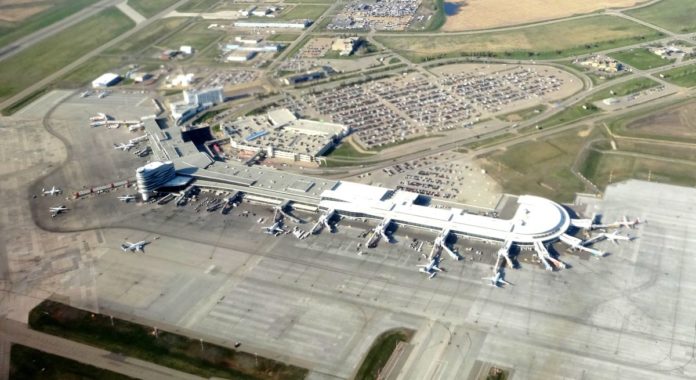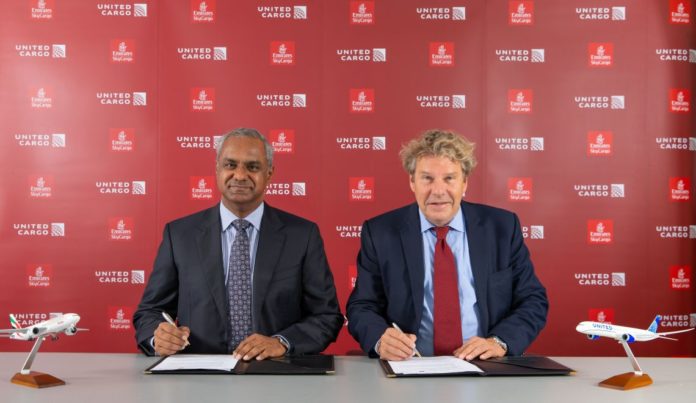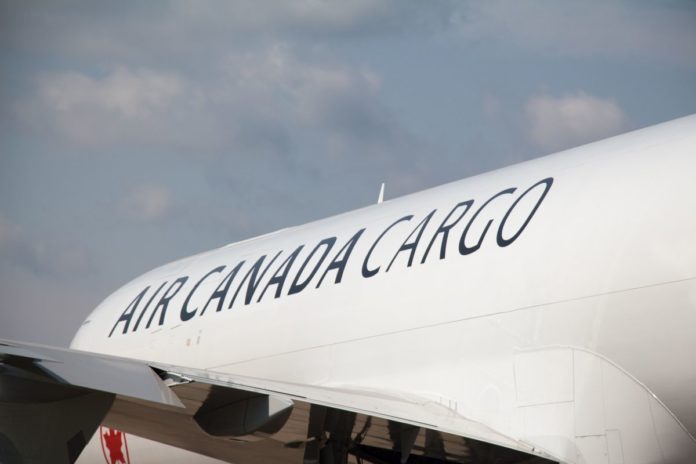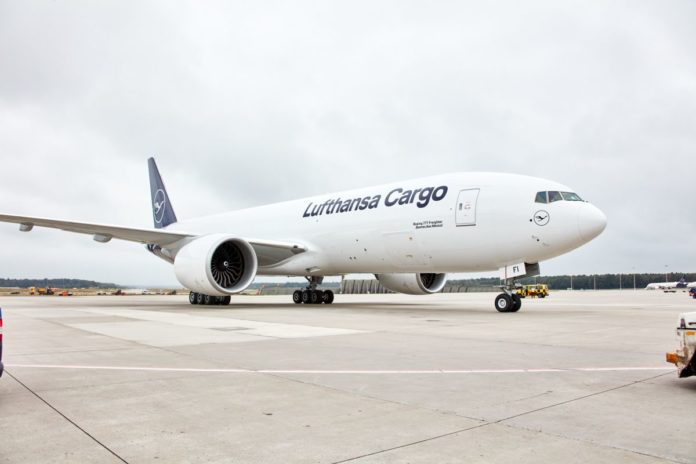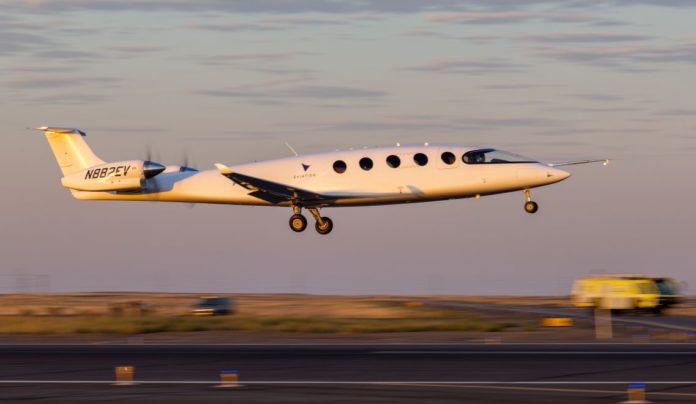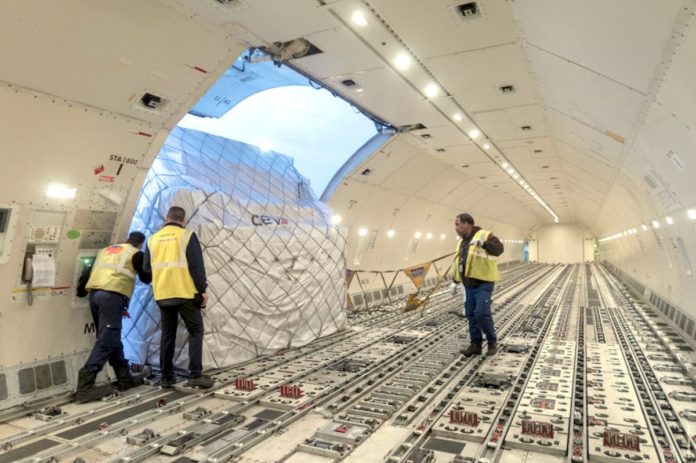SEKO Logistics has signed an international partnership with US-based direct-to-consumer fulfillment platform, Airhouse.
Launched in June 2020, Airhouse software automates workflows and integrations through a customizable solution. Once connected with a brand’s ecommerce platform, Airhouse’s software evaluates store data to create a holistic view of the business and where its customers are. Brands are then matched with warehouses in Airhouse’s partner network to ensure inventory is shipped to the partner facility as quickly as possible, including the same day. From there, as new orders come in Airhouse manages the fulfillment process.
Airhouse co-founder, Kevin Gibbon, explained: “Over the past few years, a surge in ecommerce has brought us to a critical tipping point. While tools have emerged to run nearly every aspect of a consumer product business, how those products actually get to customers hasn’t kept pace.
“Partnering with a global 3PL like SEKO is exciting for us and the smaller, emerging brands we’re working with because SEKO is one of the best direct-to-consumer 3PLs in the world. Our customers will now benefit from access to modern warehouses across the globe that have historically been out of reach due to high order minimums. We’re leveling the playing field for these emerging brands to access such a high-quality partner.”
Ultimately, Airhouse clients will have access to SEKO’s millions of square feet of warehousing in Europe and Asia as well as in North America. “For small and fast-growing brands, working with traditional 3PLs is extremely time-consuming and takes up a lot of operational resources. Airhouse solves for the host of inefficiencies brands traditionally face: outdated and inefficient software, inconsistent and non-transparent pricing, poor and mismanaged quality control, and a fractured and unscalable fulfillment process.”
Airhouse will start its partnership with SEKO in the UK to be followed by other prime ecommerce markets in Europe and Asia.
Senior vice president of SEKO Ecommerce, “David Emerson, said: “The market potential is vast. Airhouse estimates that only 10-15% of the thousands of brands it is working with are shipping internationally. Together, we are going to empower them to grow globally. It will allow UK customers to buy from these predominantly US based brands as if they were based in the UK because their shipping prices will be significantly lower.”
Kevin Gibbon added: “Instead of smaller brands having to graduate to become a customer of a quality global logistics player like SEKO, they can start this relationship on day one through Airhouse. Brands will now be in a position to charge local shipping rates on international orders—bringing shipping costs down from as much as $40 to as little as $5. And their customers won’t be stuck waiting for an international item to cross customs. Working alongside SEKO means our brands’ products can be shipped locally and arrive in as soon as 1-2 days.”








